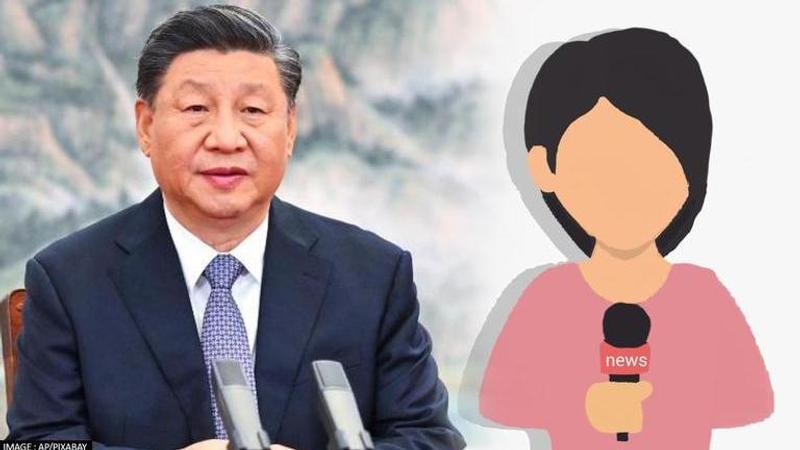Published 14:36 IST, December 9th 2021
China 'world’s biggest captor of scribes' with 127 under detention for anti-Xi reporting
Reporters Without Borders revealed how the Xi Jinping-led China government tried to persuade the media to speak in favour of the "oppressive regime".

Stressing on the opressive regime of Xi Jinping-led government, a new report has called China a “world’s biggest captor of journalists”. The Reporters Without Borders (RWB) stated that Jinping has created a “nightmare” for media organisations that are critical for his government. The report further highlights how Xi Jinping-led government tried to persuade the media to speak in favour of the "oppressive regime", adding that at least 127 journalists are currently detained in Beijing for raising concerns over the policies and working style.
“At least 127 journalists (professional and non-professional) are currently detained by the regime,” the RWB said, revealing the extent of the regime’s campaign of repression against the right to information. The RWB, which is a non-governmental organisation aiming to safeguard the right to freedom of information, noted that the scribes are detained for reporting and publishing content.
Journalists forced to download spy app
According to the RWB, "Study Xi Strong Country app" not only allows the regime to assess journalists’ loyalty to its doctrine but also to spy on their smartphones’ content. Since October 2019, in order to obtain and renew their press cards, Chinese journalists have had to pass a test of loyalty to the doctrine of the Chinese Communist Party and President Jinping. The test was available only on the app, forcing them to download it. The researchers noted that the application could enable the collection of personal information without the user's knowledge. It can modify files, download applications, make phone calls, and turn on the device’s microphone.
Rigorous punishments for journalists who cover sensitive topics
The report highlighted the death of Kunchok Jinpa, a tour guide and key news source from Tibet until his arrest in 2013. "Chinese prisons, notoriously unsanitary and managed without any transparency, allow all kinds of abuse, and detained journalists are almost systematically subjected to mistreatment and denial of medical care," read the report. Notably, the 51-year-old died in February this year while serving a 21-year sentence in a Lhasa prison for "disclosing state secrets" after passing information to foreign media about protests in his home region of Driru (northeastern Tibet), as per the RWB.
(With inputs from ANI)
(Image: AP/Pixabay)
Updated 14:36 IST, December 9th 2021




